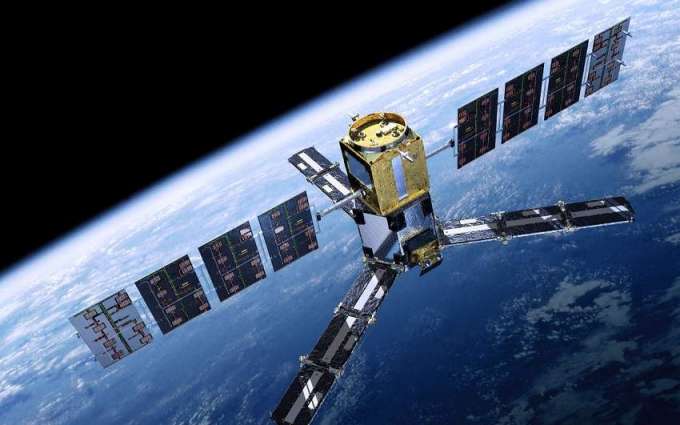NASA is sifting through experiments for the optimal ones to be flown into space on Russia's Bion-M2 biosatellite, the US agency's space life research director Craig Kundrot told Sputnik.
MOSCOW (Pakistan Point News / Sputnik - 18th December, 2018) NASA is sifting through experiments for the optimal ones to be flown into space on Russia's Bion-M2 biosatellite, the US agency's space life research director Craig Kundrot told Sputnik.The launch is provisionally set for early 2022. Asked if NASA was going to participate in the space venture, Kundrot replied they were "definitely planning to do so."
"Right now we have proposals from US investigators that we are having reviewed ... for scientific quality. I think we have 17 that we are looking at," he said.
Kundrot led a delegation this week to a working group meeting with the Russian academy of Sciences' medical and biological research institute (IMBP) in Moscow.
"We'll take those [experiments] that are of high scientific merit and consult with IMBP on which ones will be compatible with the Bion-M2 mission and then go forward with those," he said.
The projects NASA is looking at, he said, mostly have to do with mice. They will research weightlessness and the deep-space radiation.
The first Bion-M satellite was fired off in 2013. It carried mice, geckos, snails, and fish. The next one will have mice, plants, flies, animal cell cultures and microorganisms on board.
"I think it's important to note, especially in our political climate, that we have a very long-standing partnership ... It's a very encouraging thing that we continue in all kinds of climates to be able to collaborate together and work for a good aspirational goal of space exploration for humanity. It's a bright spot," Kundrot concluded.
The then Soviet Union first invited the United States to fly its experiments on a Bion satellite in 1971. NASA and IMBP have been collaborating for almost 50 years now.




